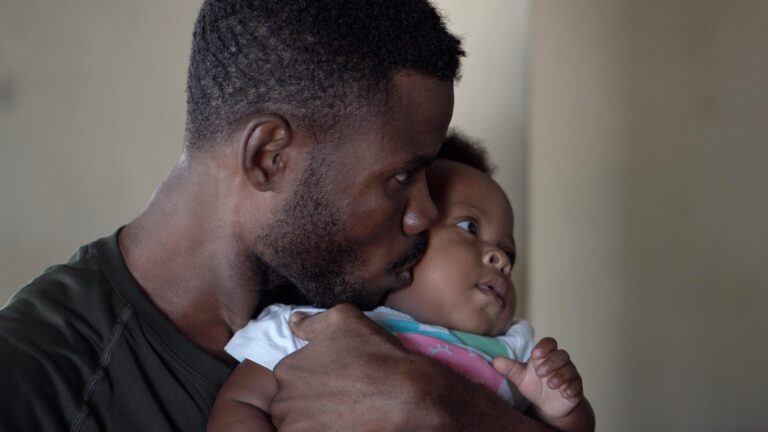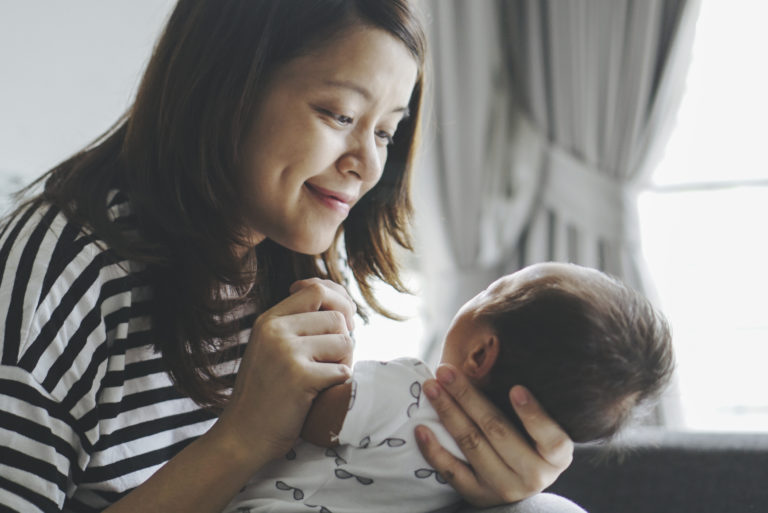Here at Yinova we work hand-in-hand with MDs every day and our aim is to help our patients get the best of both worlds by combining biomedical care with Chinese medicine in an effective way. As a practitioner who treats lots of children, I’m only too aware that parents worry about making the right choice on behalf of their little ones. Nowhere is this more apparent than in decisions about vaccinations. Having read alarming stories, many parents worry that the very treatment that is supposed to protect their child will do them harm.
Given my background in complementary medicine, some people assume that I am anti-vaccination. Far from it! I am actually in favor of vaccinations. I believe that rejecting them is a luxury we can only really afford because ironically, vaccines have been so effective and given us communal immunity that we now rely on. The near eradication of many diseases is, as it happens, the result of decades of successful immunization campaigns.
However, drawing on my Chinese medical specialty, I am able to offer my patients a path through the vaccination minefield that is both practical and sensible. Like me, the ancient Chinese were not anti-vaccine. My patients are surprised to hear this but Chinese medicine has a long history of using inoculation to prevent infectious disease. In the 10th century, Chinese doctors were already scraping smallpox lesions and collecting the resulting scabs, which they made into a powder. This was then blown up a child’s nose in an early form of vaccination. This practice was found to effectively reduce the occurrence and severity of smallpox outbreaks.
Does that mean that parents are wrong to be concerned? Not at all! There is a specter of insidious, long-term injuries such as developmental and autoimmune conditions from immunizations, and I personally know people whose children have had adverse reactions that range from minor to life changing. Some of these are the results of vaccine agents, their carriers and extreme sensitivity. Sometimes the problem lies in overloading a compromised immune system as can happen if child is vaccinated when they are already under-the-weather.
In my practice my goal is provide adjunctive care that minimizes any short and long term reactions to vaccines. I’ve found that taking a few proactive steps can help reduce the likelihood of adverse reactions and side effects.
To understand how Chinese medicine can help make vaccination side effects less likely, it helps to understand a concept referred to as “hidden pathogens”. The Chinese recognized that some “bugs” are never quite cleared from the body. This can be true of the kind of inert pathogens used in vaccinations as well as more active infections. These “hidden pathogens” as the Chinese called them, lurk in the background and, in the case of vaccinations, have the potential to alter the very immune system they were introduced to bolster. So from a Chinese medial point of view, one of the primary concerns about immunization isn’t the vaccination itself, but how they are administered and more so, how patients are managed afterwards.
By definition it is expected that there will be some reaction to a vaccination, usually a fever, and both Chinese and conventional medicine consider this to be the body’s immune system stepping into action. The difference is that in conventional medicine, the therapy is to suppress the reaction with antipyretics like Tylenol. It’s this suppression of a normal reaction that Chinese medicine suggests may cause the immune system to become dysfunctional. What’s more, there is growing evidence that decreasing the body’s reaction to a vaccine may actually reduce the immunity it is supposed to impart. Alternatively, in Chinese medicine we strive to both support the body’s response as well as vent the heat from this battle between the immune system and the pathogen. This reduces short-term adverse events and the risk of long-term, immunological compromise.
Additional recommendations:
- Be selective. Have a conversation with your pediatrician about which vaccines may be new or not critical for your child.
- Separate and space vaccinations such as the MMR so that they are administered one at a time.
- Be aware of sensitivities. Allergies to egg products and gelatins are often predictors of adverse reactions to vaccines and should be discussed with your doctor.
- Don’t immunize when your child is sick. If they already feel ill or have a fever, reschedule your appointment.
- Rest. Follow all vaccinations with rest, even if your little one doesn’t seem to be having a reaction.
- Prepare. Boost your child’s immune system with acupuncture and herbs for a week or two before their next immunization.
- Follow up. Discuss ways with your acupuncturist to help support you child after their vaccine.
Natural medicine, and Chinese medicine in particular is not an alternative to life-saving immunization programs. It can however play a vital role in how we navigate this complex landscape.



